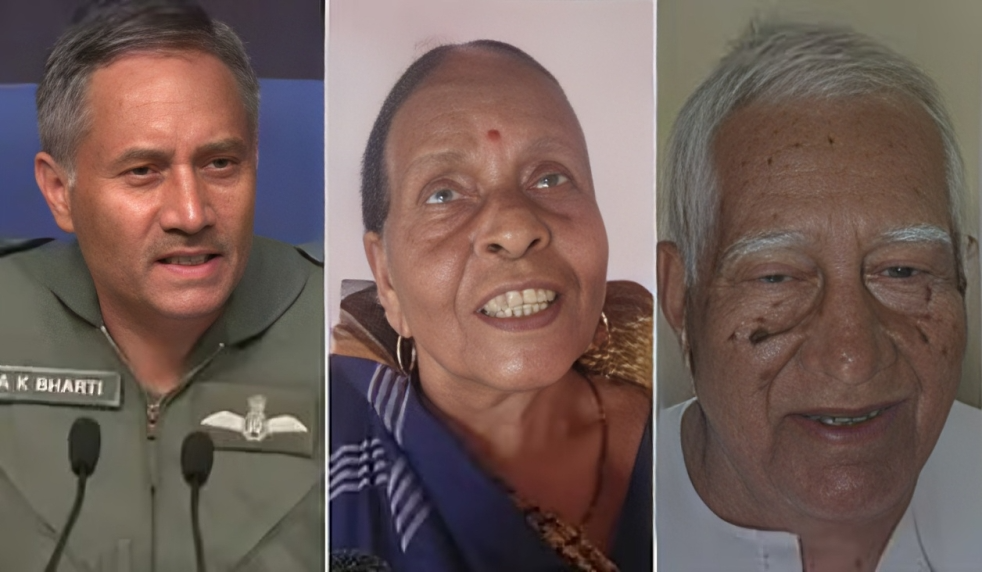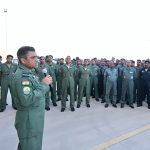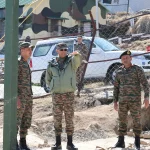The already fragile India-Pakistan relationship has entered a new phase of tension following Operation Sindoor, India’s precision military response to the April 22 Pahalgam terror attack, which claimed the lives of 26 civilians, mostly tourists. The retaliatory air and drone strikes, executed on May 7, targeted multiple terrorist camps in Pakistan-administered Kashmir and Punjab, reigniting global concern over regional stability in South Asia.
The Indian Air Force’s Director General Air Operations, Air Marshal AK Bharti, emerged as a central figure in the planning and execution of the operation. His leadership from Air Headquarters in New Delhi has drawn both national praise and scrutiny. His family, based in Purnea, Bihar, expressed pride in his role, though public disclosures of their whereabouts have sparked serious concerns about operational security and the safety of high-ranking military families during heightened tensions.
Operation Sindoor was launched in response to claims by the Tehreek-e-Mujahideen (TRF), a Pakistan-based militant outfit, which took responsibility for the Pahalgam massacre. India has asserted that its strikes were targeted, proportionate, and consistent with the right to self-defense under international law. However, Pakistan rejected any involvement in the Pahalgam incident and condemned the operation as a blatant violation of its sovereignty, leading to reciprocal military action and cross-border skirmishes.
The diplomatic fallout was swift. International bodies and foreign governments issued urgent appeals for restraint, warning that any further escalation between the two nuclear-armed neighbours could lead to disastrous consequences. The situation also triggered economic ripples, with both the BSE Sensex and Pakistan Stock Exchange witnessing sharp declines before stabilizing following a mutually agreed ceasefire on May 12.
However, human rights organizations raised red flags over civilian casualties and long-term displacement. The Human Rights Commission of Pakistan (HRCP) went as far as to label India’s airstrikes as possible “crimes against humanity,” urging an impartial international investigation.
As the dust begins to settle, attention is shifting toward the humanitarian and strategic implications of Operation Sindoor. Analysts are debating the legality of India’s actions under Article 51 of the UN Charter, while also weighing the ethical consequences of military responses to terrorism that risk escalating into full-scale conflict.
The case of Air Marshal Bharti’s family underscores the challenges of information security in modern warfare, where media coverage, social media, and leaks can complicate operational planning and endanger individuals tied to national defense. The episode serves as a stark reminder that while military operations may be executed with precision, the broader impact extends well beyond the battlefield — into diplomacy, domestic security, and global geopolitics.
As both nations navigate the volatile aftermath of Operation Sindoor, the world watches closely, hopeful that restraint and diplomacy will prevail over further confrontation.













